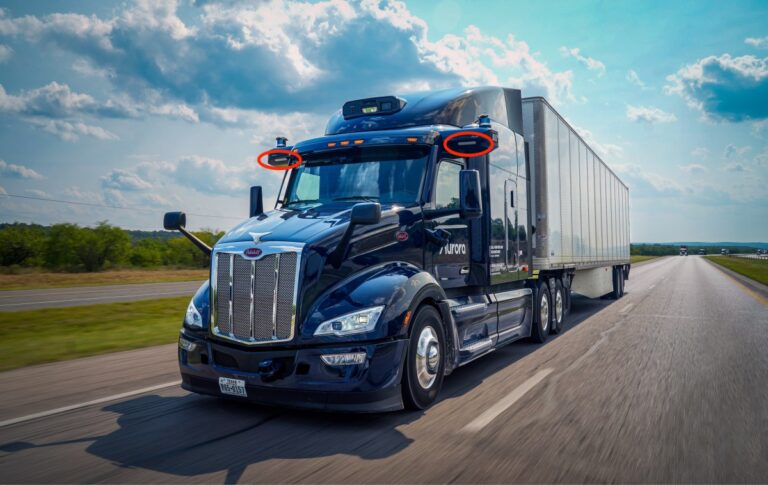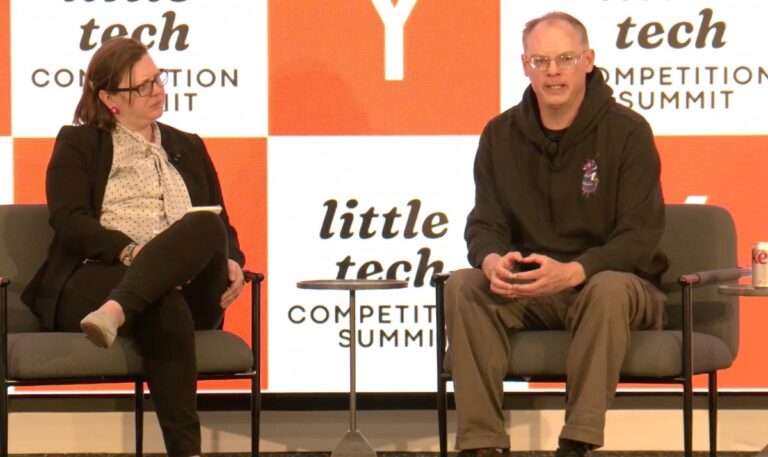Microsoft Partners with Chestnut Carbon for Groundbreaking Reforestation and Carbon Credit Initiative
In a significant move to combat climate change, Microsoft has announced its acquisition of over 7 million tons of carbon credits from Chestnut Carbon. This 25-year agreement aims to support extensive reforestation efforts across several states, including Arkansas, Louisiana, and Texas.
Microsoft’s Commitment to Carbon Neutrality
As part of its sustainability goals, Microsoft has been working diligently to manage its carbon footprint. However, the increase in data center operations driven by artificial intelligence has posed challenges. The tech giant reported a 29% increase in emissions since 2020, jeopardizing its ambitious target to sequester more carbon than it emits by 2030.
Emissions Overview
In 2023, Microsoft reported generating approximately 17.1 million tons of greenhouse gas emissions before offsets, highlighting the pressing need for effective carbon management strategies.
Understanding Carbon Credits
Carbon credits vary significantly, and Chestnut Carbon specializes in reforestation. The company is dedicated to:
- Facilitating tree planting initiatives
- Monitoring growth and health of reforested areas
- Ensuring protected areas are not deforested
Currently, Chestnut Carbon is managing eight projects in the Southeastern United States that were previously used as agricultural lands.
Quality of Carbon Credits
While trees naturally sequester carbon, not all forest-related carbon credits hold equal value. Here’s a quick breakdown:
- Lower Quality Credits: Often come from projects planting non-native, fast-growing species, which tend to be less beneficial for biodiversity.
- Premium Credits: Associated with diverse, native plantings that foster resilient ecosystems and thus command higher prices.
Cost Comparison of Carbon Credits
Despite their advantages, nature-based carbon credits like those from Chestnut Carbon, sold at $34 per ton, are relatively affordable compared to alternatives. For instance, direct air capture technology, which extracts CO2 directly from the atmosphere, can cost between $600 to $1,000 per ton.
Interestingly, Microsoft has also invested in carbon credits from direct air capture startups to diversify its carbon offset strategies.
Challenges in the Carbon Credit Industry
While nature-based carbon credits hold promise, they are not without flaws. A recent investigation into Verra, the leading organization in nature-based carbon credits, revealed overstatements regarding the climate benefits of its projects. The fallout from this scandal, which resulted in the CEO’s departure, has prompted a reevaluation of industry standards.
In response to these challenges, Chestnut Carbon has shifted its certification from Verra to the Gold Standard, ensuring a more reliable and transparent approach to carbon credit certification.
For more insights into carbon credits and sustainability initiatives, visit [Microsoft’s Sustainability page](https://www.microsoft.com/en-us/sustainability) or learn more about Chestnut Carbon’s projects.







